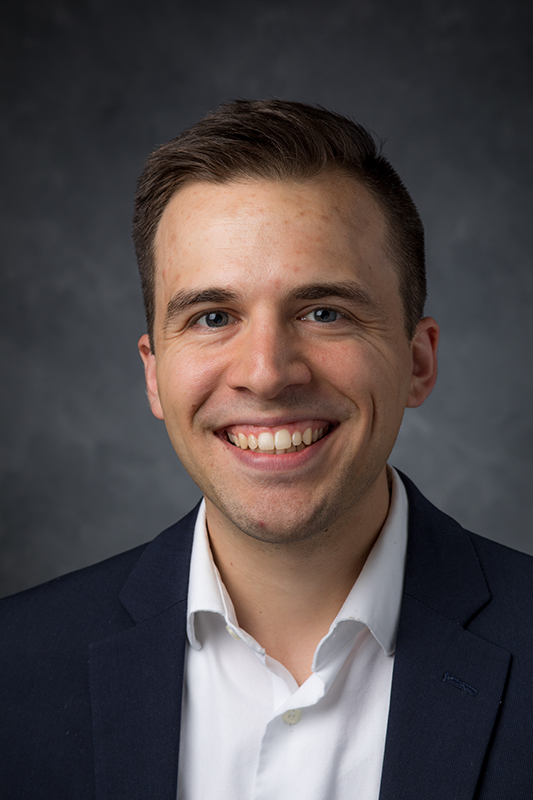Collection
Expanding Mindset Theory to Fulfill its Promise in Education Research: International Perspectives
- Submission status
- Closed
Mindsets refer to “people’s beliefs about the nature of human attributes” (Dweck & Yeager, 2019, p. 482). They act as filters that powerfully shape how individuals experience their world and create meaning systems that influence important psychological processes and outcomes. In the educational context, mindsets have mostly been operationalized as students’ beliefs about the malleability of their intelligence. A growth mindset involves the belief that one’s intelligence can be improved through the application of effort and the appropriate use of strategies. On the other hand, a fixed mindset pertains to the belief that one’s intelligence is fixed and there is little one can do to change it. Numerous studies have found that growth mindsets are associated with a host of adaptive outcomes including higher levels of achievement, resilience, adaptability, and positive attitudes towards learning.
Research on mindsets has grown exponentially over the last decade. Despite the long history of mindset research, Dweck and Yeager opine that “in many ways it is still in its youth because there is so much more to learn” (Dweck & Yeager, 2019, p. 492). Furthermore, many researchers have critiqued the current state of growth mindset research, either as overpromising and underdelivering (e.g., Sisk et al., 2018; Macnamara & Burgoyne, 2022; Patrick & Joshi, 2019) or needing broader conceptualization to deliver on the promises of the theory (Barger et al., 2022; King & Trinidad, 2021; Yan & Schuetze, 2023). Much of the mindset research has also been conducted in Western contexts, and there is a need to broaden the focus to other cultural contexts (e.g., Bernardo et al., 2022; Lou & Li, 2023). This special issue on growth mindset research is an attempt to provide a platform for mindset researchers to push the boundaries of mindset research forward.
We are especially interested in the following topics:
· Contextual dependents and sociocultural influence on mindsets
· Different types of mindsets beyond intelligence
· Development of mindsets
· Cross-cultural research on mindsets
· Mindsets among students, parents, and teachers
· Conceptualization and measurement of mindsets
By bringing together the latest research and perspectives on mindset, this special issue can help advance the field, address critiques of the application of mindset theory, and set the agenda for future research. This could involve identifying new research questions, developing new methodologies, and exploring new perspectives on mindset research.
This special issue can also inform practice. Mindset interventions have become increasingly popular in educational settings, but the effects are highly heterogeneous (Yeager et al., 2019; Tipton et al., 2022). A special issue could provide insights into the most effective strategies for promoting growth mindset, including identifying for whom and when it is most appropriate.
Timeline
• Abstract submission to special issue editors: September 15, 2023
• Submission of papers: Ongoing until December 1, 2023
• Expected publication date: Summer 2024
Editors
-
Ronnel B. King
Ronnel B. King (PhD) is an Associate Professor at the Department of Curriculum and Instruction, The Chinese University of Hong Kong where he also directs the Positive Psychology and Education Lab. His research focuses on motivation, well-being, and socio-emotional learning.
-
Nigel Mantou Lou
Nigel Mantou Lou (Ph.D.) is an Assistant Professor in the Department of Psychology and the director of the Motivation and Intercultural Relations lab at the University of Victoria. His research centers on motivation and language development, acculturation, and intergroup relations. In 2023, he was honored with the AERA Wilbert J. McKeachie Early Career Award for Motivation in Education Research.
-
Michael Barger
Michael Barger (PhD) is an Assistant Professor of Educational Psychology, Applied Cognition and Development, at the University of Georgia. His research focuses on how children’s beliefs about education develop and what parents and teachers can do to foster beliefs that motivate children in school.




